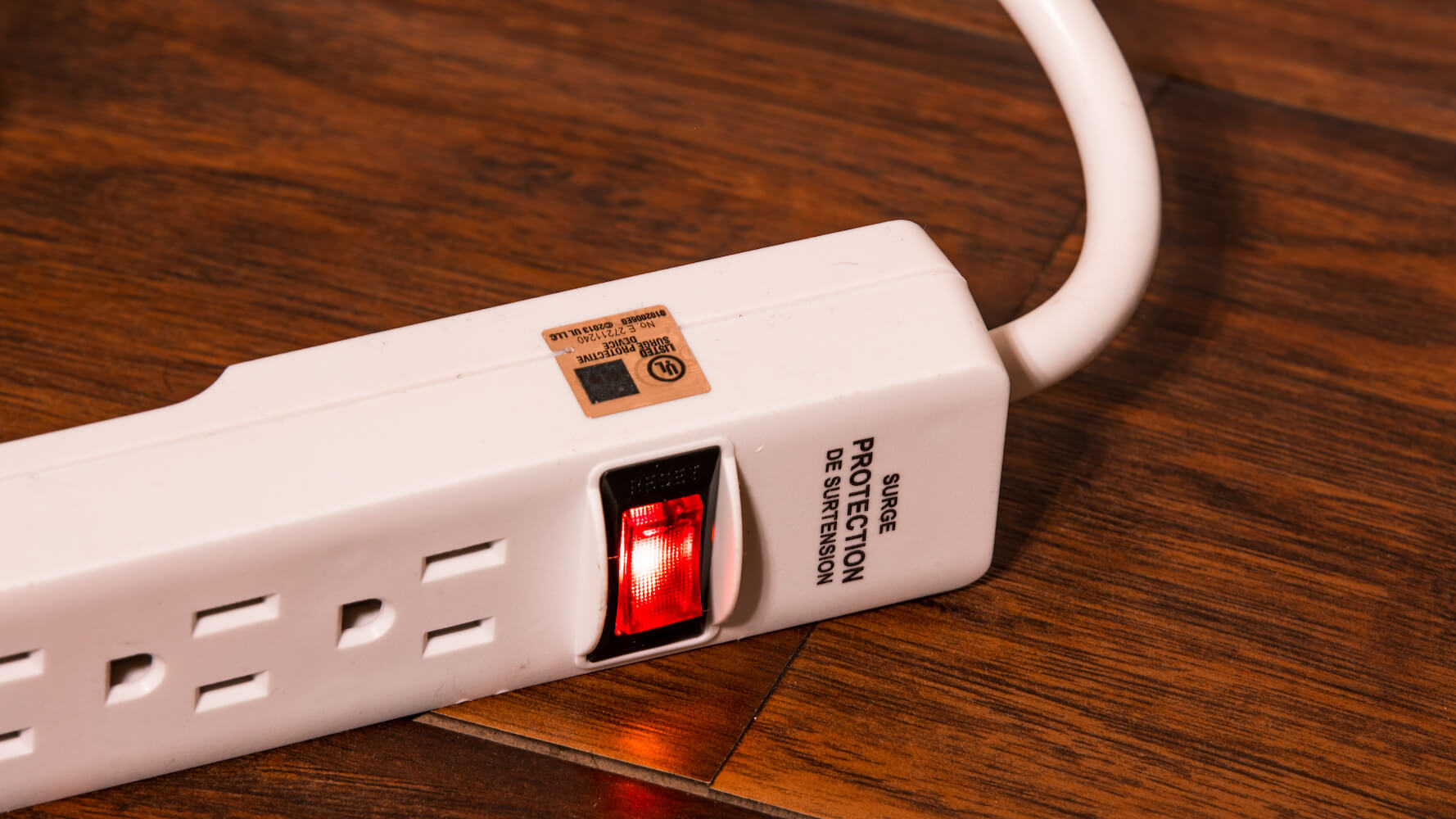Easier to access and more popular than ever, e-commerce now allows the purchase of a wide range of items, including plumbing and electrical components. But how do you know if the product is certified or not and if it is counterfeit? This Q&A style article is intended as a brief overview of the key takeaways on the subject.

What is a certification?
It is the approval of a part or component, by an independent body, based on a recognized standard. Certification should not be confused with a manufacturer’s internal tests.
Are certifications mandatory?
In North America, plumbing and electrical parts are generally required to be certified. Many standards are uniform throughout Canada and the United States.
What are the main certification bodies?
About a dozen organizations are recognized in Canada. The best known are: UL, CSA, Intertek, FM and NSF. Some are specialized (eg: FM, in fire protection), while others are generalists (UL, CSA).
Do all agencies test the same parts the same way?
Yes, the tests are similar since they are based on the same standard. Some organizations also develop the standards (eg: CSA), while others only perform the tests (eg: Intertek)
What is the typical process for certifications?
It usually takes place in three stages. The first is the analysis of the design and the testing of samples in the laboratory. The second is a factory visit before certification. The third is a periodic visit to the manufacturer to maintain certification.
Does certification guarantee absolute safety?
No, the certifications represent a mark of minimum quality. Manufacturers can exceed standard requirements. In addition, the vast majority of parts involved in claims and examined by CEP are certified.
Is the CE mark an acceptable certification?
No. At least not in North America. The CE mark indicates compliance with European Economic Area standards. The standards are often very different (e.g.: electricity) and the verification process is not the same.
Can certification marks be counterfeited?
Yes, and it’s quite common. For example, it is very easy for an unscrupulous manufacturer to add a CSA or UL logo to its parts. Trademark laws are the main protection mechanism.
Is it legal to sell and install non-certified parts?
Yes, most provinces prohibit the sale and installation of such parts. However, fines or seizures are rare.
Is it easy to verify parts certification?
Not necessarily. The search can be quite complex, especially if the only certification mark is a logo. Moreover, CEP has previously obtained erroneous information from certification bodies.
What is the link between a lack of certification and a failure?
From a technical point of view, there is no direct link between a missing or counterfeit certification and a failure. On the other hand, in general, non-certified parts are of inferior quality.
Is it easy to get uncertified parts?
Yes, especially with the rise of online sales, where Asian manufacturers can sell their products without going through the quality control of local retailers.
For more information on certifications, or to request our assistance in a file for which there are questions regarding the certification of parts, do not hesitate to contact our team of experts.
